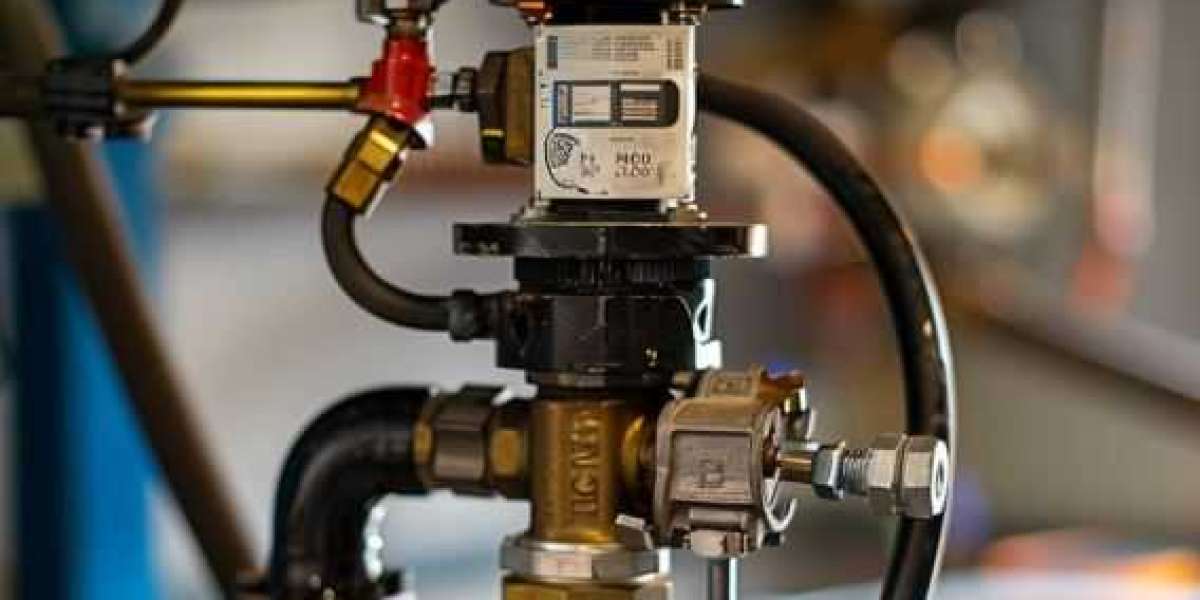In the realm of fluid handling and pumping solutions, progressive cavity pumps (PCP pumps) stand out for their unique design and efficient performance. But exactly what is a PCP pump? This comprehensive guide delves into the workings of PCP pumps, their applications, and the intricacies of rotor manufacturing, providing a thorough understanding from a user's perspective.
What is a PCP Pump?
A progressive cavity pump, commonly referred to as a PCP pump, is a type of positive displacement pump. It is designed to handle a variety of fluids, including those that are highly viscous, abrasive, or contain solids. The key component of a PCP pump is the rotor, which works in conjunction with a stator to create cavities that move the fluid through the pump in a continuous, smooth flow.
How Does a PCP Pump Work?
The operation of a PCP pump is based on the interaction between the rotor and the stator. The rotor is typically a helical screw that rotates within the stator, a stationary part that has a matching helical shape. As the rotor turns, cavities are formed between the rotor and the stator. These cavities move along the length of the pump, carrying the fluid from the intake to the discharge end. This action results in a consistent, non-pulsating flow, which is ideal for sensitive or shear-sensitive fluids.

Applications of PCP Pumps
PCP pumps are versatile and can be used in a wide range of industries and applications. Some common uses include:
- Oil and Gas: For pumping crude oil, slurries, and drilling mud.
- Food and Beverage: For handling viscous and particulate-laden fluids such as sauces, syrups, and fruit pulps.
- Wastewater Treatment: For transferring sludge and other waste materials.
- Chemical Processing: For moving corrosive and abrasive chemicals.
- Mining: For slurry and tailings handling.
Advantages of Using a PCP Pump
PCP pumps offer several benefits that make them an attractive choice for various applications:
- Consistent Flow: The smooth, non-pulsating flow reduces wear on the pump components and is gentle on the fluid being pumped.
- Handles Viscosity Variations: PCP pumps can efficiently handle fluids with varying viscosities, from thin liquids to thick sludges.
- Low Shear: The gentle pumping action is ideal for shear-sensitive fluids, preserving their integrity.
- Self-Priming: PCP pumps can create a vacuum to lift fluids, making them suitable for applications where the pump is located above the fluid level.
- Durable and Reliable: Designed to handle abrasive and corrosive fluids, PCP pumps are built to last, offering reliability in demanding conditions.
RotorManufacturing for PCP Pumps
The rotor is a crucial component in the functioning of a PCP pump. The manufacturing process for these rotors involves several meticulous steps to ensure they meet the required specifications for durability and performance.
The Steps of Rotor Manufacturing
Rotor manufacturing involves multiple stages, each contributing to the final product's quality and reliability. Here’s an overview of the process:
| Step | Description |
|---|---|
| 1. Material Selection | Choosing the appropriate material that can withstand the operational stresses and fluid characteristics. |
| 2. Forging | Shaping the raw material into a rough form of the rotor using high-pressure forging techniques. |
| 3. Machining | Precision machining to achieve the exact dimensions and surface finish required for the rotor. |
| 4. Heat Treatment | Applying heat treatment processes to enhance the material properties such as hardness and resistance to wear. |
| 5. Grinding | Grinding the rotor to achieve the precise helical shape necessary for efficient pump operation. |
| 6. Polishing | Polishing the rotor surface to reduce friction and improve performance. |
| 7. Coating | Applying protective coatings to enhance corrosion resistance and lifespan. |
| 8. Quality Inspection | Conducting thorough inspections and tests to ensure the rotor meets all quality standards. |
Quality Control in Rotor Manufacturing
Ensuring the quality of the rotor is paramount, as it directly affects the performance and reliability of the PCP pump. The quality control process involves:
- Dimensional Checks: Verifying that the rotor dimensions are within specified tolerances.
- Surface Finish Inspection: Ensuring the surface finish is smooth and free of defects that could affect performance.
- Material Testing: Conducting tests to confirm the material properties meet the required standards.
- Performance Testing: Simulating operational conditions to test the rotor's performance and durability.
Customer Perspective: Why Choose a PCP Pump?
From a user’s viewpoint, the decision to choose a PCP pump over other types of pumps can be influenced by several factors. Here’s why a PCP pump might be the ideal choice for your application:
Reliability and Durability
PCP pumps are known for their robust construction and ability to handle challenging fluids. This reliability translates to less downtime and maintenance, ensuring continuous operation and cost savings over time.
Efficiency in Handling Different Fluids
Whether dealing with thick slurries, viscous oils, or fluids containing solids, PCP pumps can manage a wide range of substances efficiently. This versatility makes them suitable for various industries and applications.
Low Maintenance Requirements
Due to their durable design and smooth operation, PCP pumps typically require less maintenance compared to other pump types. This characteristic is particularly beneficial in remote or hard-to-reach locations where maintenance can be challenging and costly.
Customizability
The ability to customize PCP pumps to meet specific application requirements is a significant advantage. From material selection to rotor design, these pumps can be tailored to handle unique challenges, ensuring optimal performance.
Progressive cavity pumps, or PCP pumps, offer a reliable and efficient solution for handling a wide range of fluids in various industries. Their unique design, involving the precise interaction between the rotor and stator, ensures a smooth, consistent flow, making them ideal for applications requiring gentle handling of fluids.
The meticulous process of rotor manufacturing, from material selection to quality control, ensures that each component meets the highest standards of durability and performance. By understanding what is a PCP








